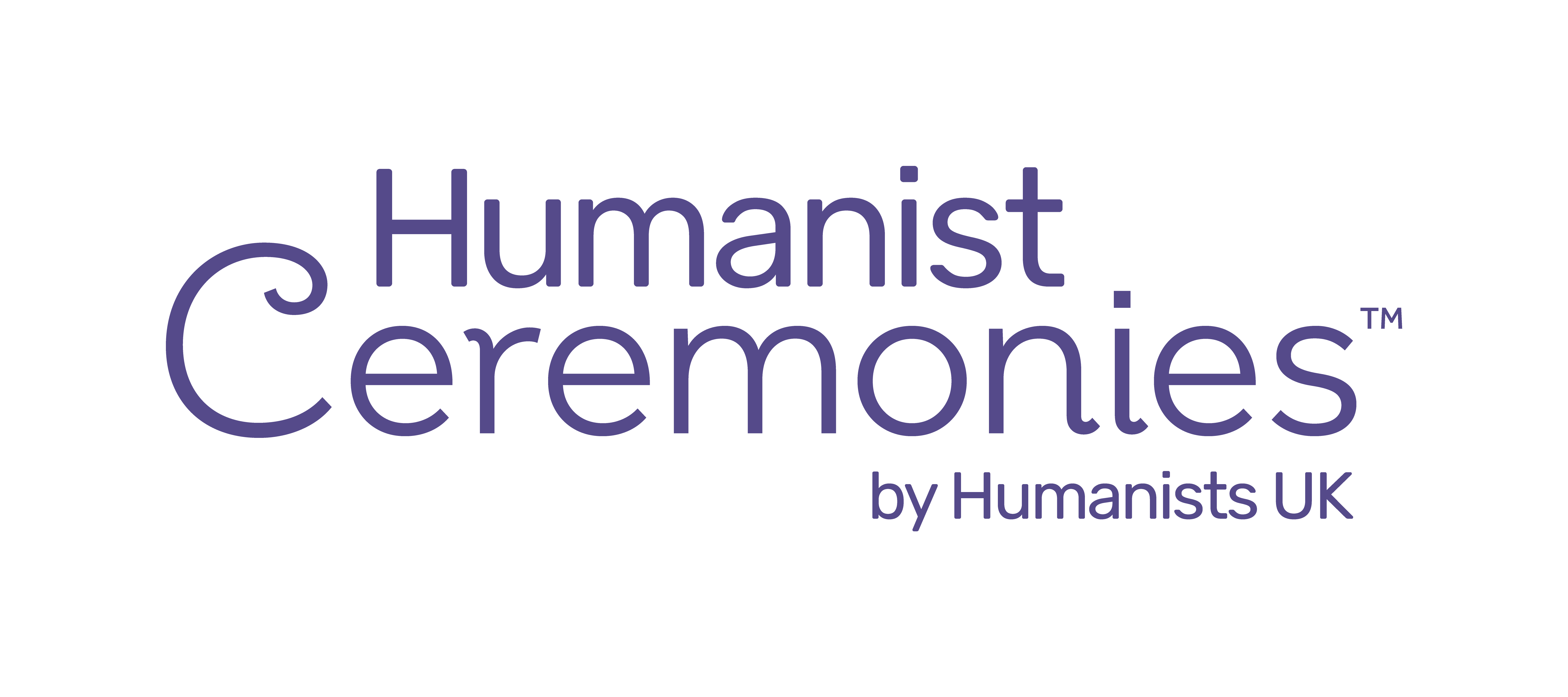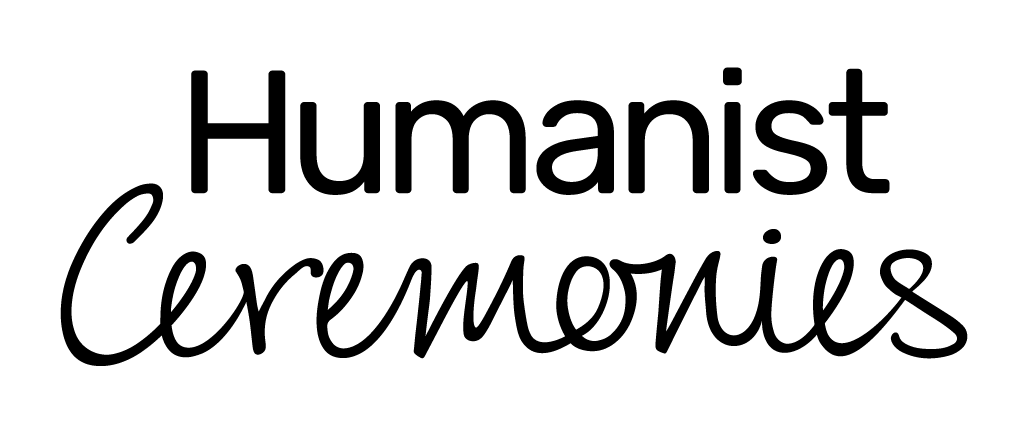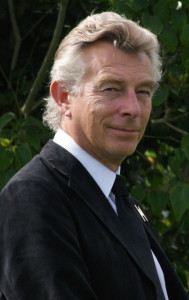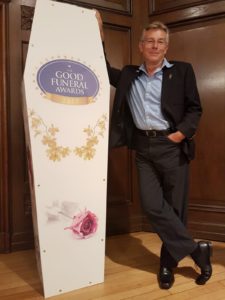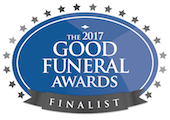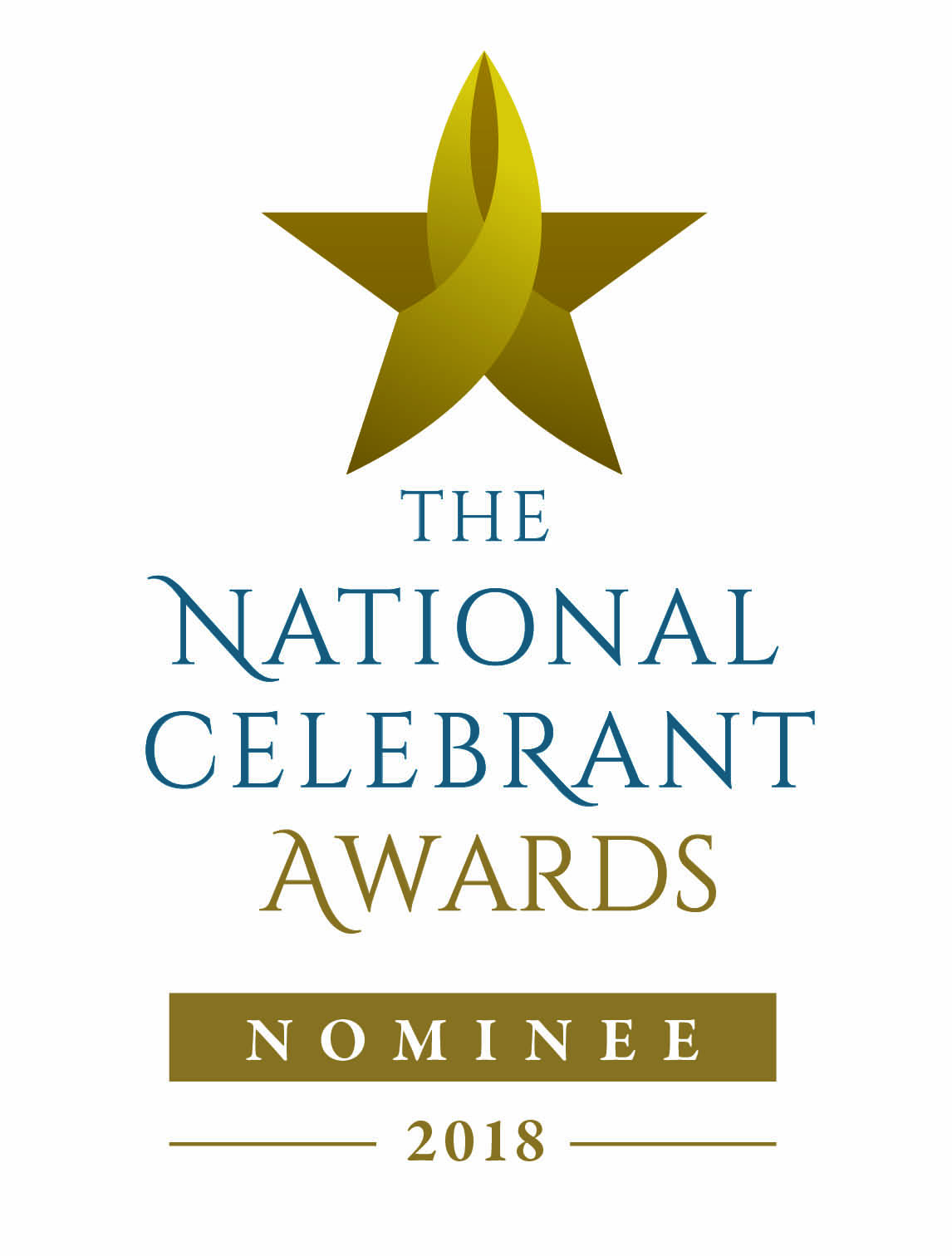What I Do
Funerals are for the living. They are a powerful and important way of coming to terms with a death.
We are all different. Each person will have a different way of digesting their loss.
A non-religious funeral starts with a blank page. There is no fixed structure or order of ceremony. It is for you to decide how you want to mark the passing of a loved one.
My job is to listen to you and suggest, based on experience of conducting a wide range of funerals, how you might want the ceremony to be structured. I can also suggest music, readings and poetry.
But, in my experience, though suggestions for structure may be helpful, suggestions for music, readings and poetry are not. People seem to have an instinct for what is right for them.
The process of creating a funeral usually starts with a family visit. Some families are organised and know what they want. Most are not.
So we talk. We talk about the deceased. We talk about the family. We talk about what might be appropriate. We talk about what might be possible. And after a while I get an idea of who the deceased was and what their family and friends are like. I get an idea of what sort of ceremony might reflect that.
Often, much of the work is done after that visit. The family decide on who will talk, what will be said, what music might suit.
With all this information I draft a ceremony. Ideally the family check and amend this draft. A funeral is no time for surprises.
During this period I also liaise with the funeral director and any other interested parties to minimise stress on the family.
On the day of the funeral I arrive before the mourners, check that the chapel is appropriately dressed, and that the organist and/or chapel assistant are briefed. I meet the family, give those that are to read their scripts (printed in large, easy to read font on card) and deal with any last minute issues that may arise (like the unexpected attendance of a relative). When the funeral director arrives I will introduce them to the family (if he or she has not met them before) and check that the family instructions are clear.
I conduct the funeral, supporting those who speak, if necessary.
After the funeral, I give the family a presentation version of the funeral script.
For this service I charge £300 (which, if you are using the services of a Funeral Director, will be paid through the disbursements).
You may want to consider alternatives to the conventional funeral ceremony or memorial. Ceremonies can be webcast live and/or recorded. Some people choose to hold their ceremony entirely online.
This is what a family said following an online memorial which included contributions from three continents:
‘Ian delivered a very personal and touching online memorial service for us.
We are very much appreciative of all Ian’s efforts and guidance through this.’
